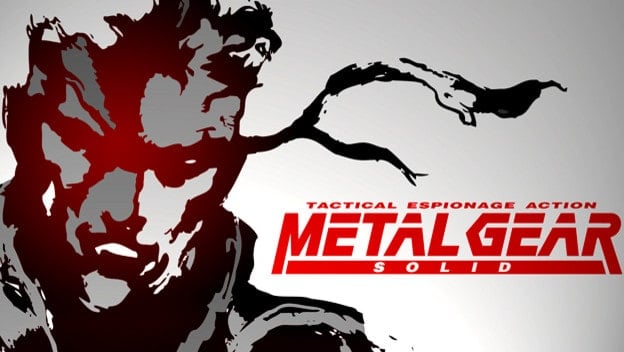Metal Gear Solid V: The Phantom Pain is a phenomenal game, and regardless of whether or not this one will be your favorite of the franchise, it’s difficult to deny that Kojima put everything he had into this one. As we said in our review of MGS V, which we awarded a 5 out of 5, the world has opened up considerably to give Snake more stealthy options than ever, and the controls allow for players to really feel like they are the perfect soldier out for revenge. Still, although Kojima streamlined the MGS experience for the better, we can’t help but feel nostalgic for the old mechanics that were sacrificed for the better. This is why we’re counting down the top 5 things we miss about the old Metal Gear Solid.
5: Codec Calls
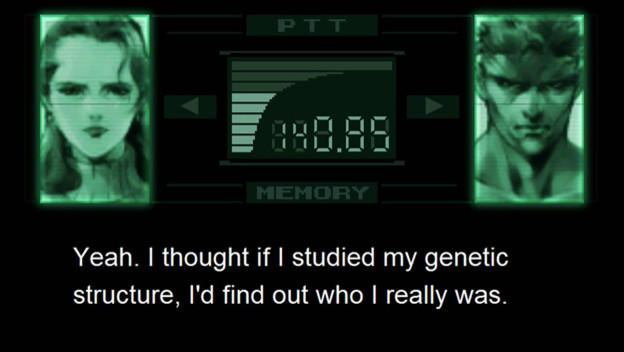
Codec calls were cut for a good reason: they’re long-winded, effectively bringing the game’s pace to a crawl. However, we can’t deny that they’re entertaining. On one hand, they can be quite informative, as specialist characters give you intel on the bases you infiltrate. The calls also provide the backstory of the MGS universe, and Snake learns more about his comrades through them. I personally love them for how bat-shit insane they can be, such as when Major Zero scolds Big Boss for his disinterest in James Bond, or the final moments of Metal Gear Solid 2: Sons of Liberty. You can still access these types of conversations through cassettes in MGS V, but the codec calls alleviated the stress I felt from the constant stream of close calls during regular gameplay.
4: Loneliness
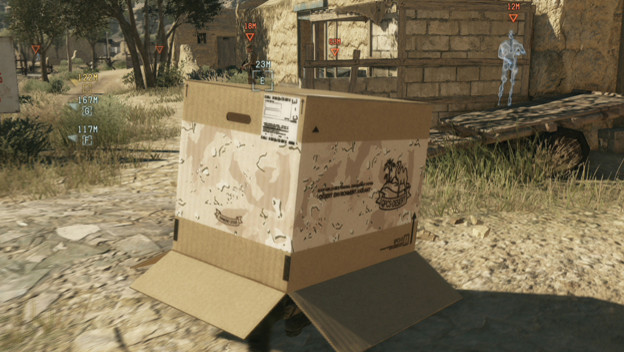
Starting with Portable Ops and refined in Peace Walker and The Phantom Pain, Snake is able to recruit soldiers and bring them onto the field. This fits in with the theme of the games, however, as although Big Boss is the best soldier in the world, he’s also a leader and therefore needs to either send other soldiers in his place or, in the case of The Phantom Pain , bring them along as buddies. The cost for these helpful soldiers is the loneliness that made the gravity of Snake’s mission that much more important. The codec calls, while comforting, provided the kind of human interaction similar to that of online companionship – better than nothing, but not as comforting in-person interactions. This in turn made Snake seem much more important – if he dies, then it’s all over.
3: Collecting Weapons
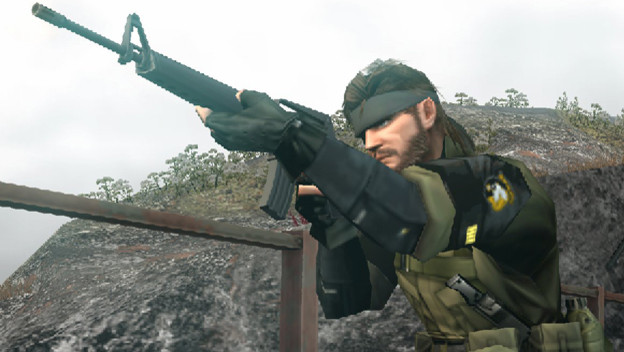
From a thematic purpose, Kojima’s decision to open up the accessibility of weapons makes sense. Big Boss is trying to build an army; therefore, he eventually gains access to a R&D team who build him nifty weapons and items to bring into the field. You get your first machine gun near the beginning of the game. This was not the case for the MGS games before Guns of the Patriots . Back then, Snake infiltrated with nothing more lethal than a tranquilizer gun, and although it could easily be abused (the suppressor didn’t degrade in the first two games), it was still just a tranq gun. That’s why when I found the machine gun, I felt such a relief, because I FINALLY had a chance to fight back if caught, as opposed to now where I really can just go in guns blazing.
2: David Hayter Voicing Snake
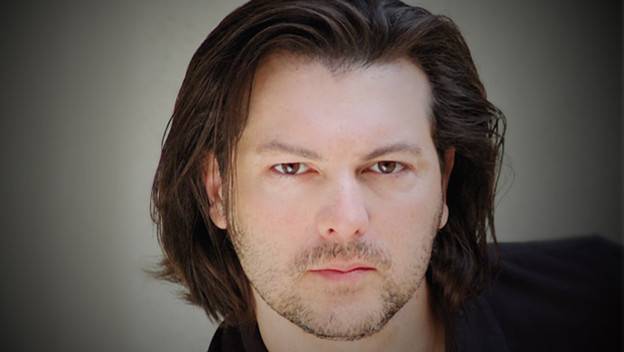
I remember watching the heart-warming, borderline heartbreaking, debriefing video. I thought the video was a nearly perfect send-off for one of video game’s lauded game developers; however, I found myself dumbfounded by something during the part where Hideo Kojima and Troy Baker hugged it out: where is David Hayter in all of this? While we said in our review that Kiefer Sutherland was a more appropriate Big Boss given the darker tone of The Phantom Pain, I can’t help but miss the campy machoness that I’ve come to associate with Snake’s voice, one that only Hayter could provide. Given that Kojima is no longer a part of the franchise and we don’t know how Konami will handle things going forward, we can probably assume Hayter will not lend his voice to Snake again. He should have at least have been a part of the debriefing video.
1: Linear Progression
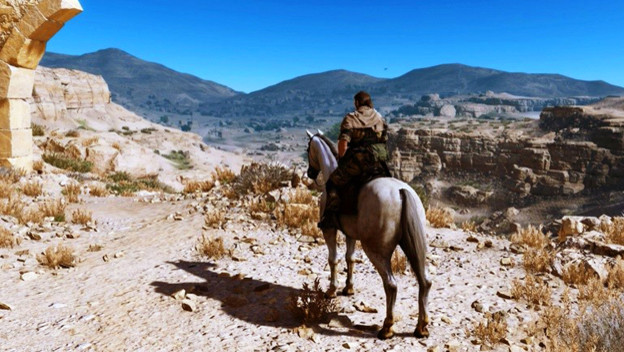
In a sense, the MGS series has always been open to how players approach the game; you can be as stealthy or violent as you please, and in many cases choose which path you’d like to take. The Phantom Pain brilliantly expands on these concepts, truly allowing you to go wherever you please, approach missions from different vantage points, and leave when you’re done. While the open world seemed like a necessary step in the franchise’s’ evolution, admittedly it doesn’t feel quite as special as figuring out what’s possible in a limited environment. In the past, the series had a more linear progression, but it was similar to a Metroidvania as once you found certain items, like C4, you could return to an area and access a part of the room you couldn’t before. Not only that, but the story was more tightly woven due to the linear progression.
What do you think? Do you miss some aspects of the old Metal Gear Solid? How do you want Konami to take the series forward? Do you think it should even continue now that Kojima won’t be involved?
